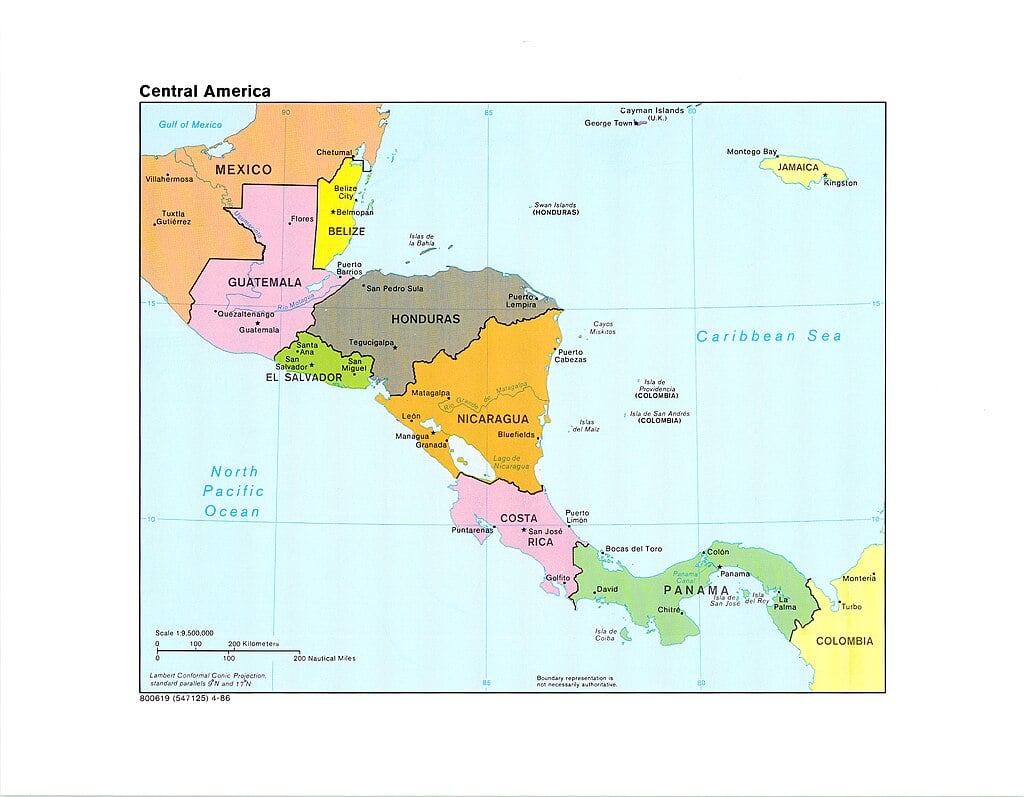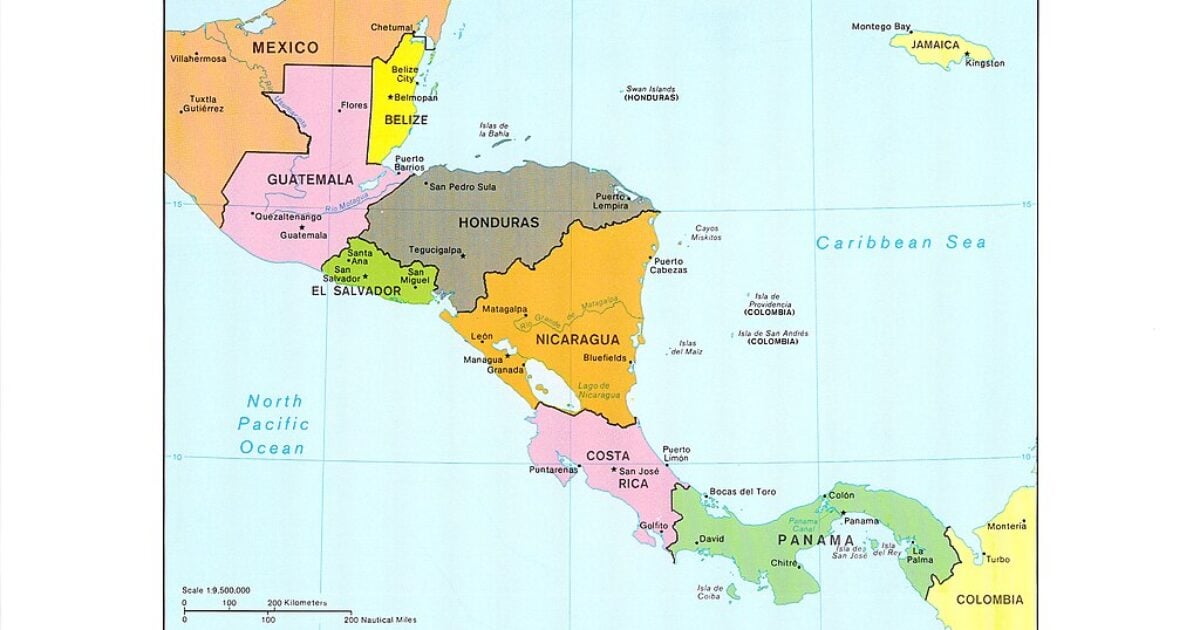
Mara Macie, a small group of journalists, and a few others arrived in Panama last Thursday to get a first-hand look at the Darien Gap between Colombia and Panama—a place largely considered one of the world’s most dangerous migration routes.
The group was led by Michael Yon, a former Army Green Beret, war correspondent, and expert on the unabated migration crisis happening south of the U.S. border. Macie, who is running for U.S. Congress in Florida’s 5th Congressional District, said she is “very concerned” about the number of people coming through Central America to cross the southern border of the United States.
Often desiring to reach the United States, she said, migrants from all over the world cross the Darien Gap. In 2023, a record reported number of migrants—over 520,000—crossed the jungle that stretches between Colombia and Panama.
The first camp Macie visited, Lajas Blancas, received 1,300 new migrants over the course of the day. Most individuals she encountered came from Venezuela, while many others were from Africa, Afghanistan, Iran, and China. “When I [spoke to migrants and] asked about their final destination, a minimum of 95 percent of them said the United States,” she estimated.

Mammoth numbers of people are arriving at the camps to purchase $60 (USD) bus tickets that will take them from the Darien Gap through Costa Rica, she said, noting that “people are literally begging for money to get a ticket.”
Without the ability to fund their travel, others choose to make their northern journey by foot. Many receive maps printed by various non-governmental organizations (NGOs) to help guide their trek to the United States. Macie said the maps are also posted at many of the camps.
Travel is dangerous, especially through the jungle of the Darien Gap. “In Yaviza, the Pan-American highways ends, which leaves no highway from Colombia to Panama,” she explained. “The Darien gap is the area where the roads on either side [of the countries] do not meet.”
“But the Panamanian government is building a bridge in Yaviza, connecting the two, making it easier and less dangerous for migrants to have a clearer path to immigration,” she pointed out.
Macie warned, “[America] does not have the capability of sustaining the influx it faces now, much less the one to come when the bridge is complete.”

A Crisis Indeed
After her weeklong stay in Panama, Macie said that simply referring to the massive flow of people to the United States as a “migration crisis” is an understatement. What she also witnessed was a “massive humanitarian crisis.” And with that, she called out non-governmental organizations (NGOs) for “claiming to be working [in the region] for humanitarian reasons [while showing little proof] of doing anything humanitarian.”
Propped up by various NGOs, she said, the hope of reaching America has “inadvertently, or possibly advertently,” affected the lives of millions of people while also destroying tribal regions along the route.
The conditions at the camps visited were “deplorable” with “people living in filth,” according to her. “These villages [in Panama] were once clean, agricultural villages. Now, there’s trash everywhere,” she said. “Dumped trash bags and water bottles can even be found throughout the jungle.”

“There’s pollution and there are people suffering,” Macie said. “But where’s the Left that claims to prioritize these issues?” According to her, “There’s nothing humane about what’s going on in these camps.” At best, Macie said injuries are treated by various NGOs as migrants emerge from the dangerous jungle of the Darien Gap. “Females, including very young females, are also given rape kits,” she shared, lamenting “who knows that they had to endure to get here, or what else they may have to endure to get to the United States.”
Interestingly, she said, “Red Cross is also giving them Covid shots—the Pfizer-BioNTech shot.”
“And while these people, the Embera, in Panama have lived off the land for 500 years,” Macie said, “the migrants passing through are creating an artificial economy.” They’re being sold food, water, and goods, for example. If the migration ends when someone like former president Donald Trump takes office, she warns their economies will collapse, and many will struggle to return to agricultural life. “What the U.S. is in part funding and allowing happen here is heart-breaking,” she said.
In addition, Macie said, cartels have also reached some of the villages that are now experiencing increased drug and alcohol use and increased incidents of domestic violence. “Communities and the youth of those communities are being corrupted,” she explained. And all the while, record-setting drug seizures continue to occur at the U.S.-Mexico border.
“There seems to be no end to the migrants trying to get here, or the human trafficking and drug trafficking that accompanies it,” she argued. “It’s going to take Trump and a strong Congress to turn things around.”
As a Congressional candidate, while she does feel compassion for those seeking a better life, one of her biggest fears is the weakening of the United States because of unbridled, illegal immigration. “We need to find solutions to the problems which the United States helped create by enabling this crisis,” she concluded.

